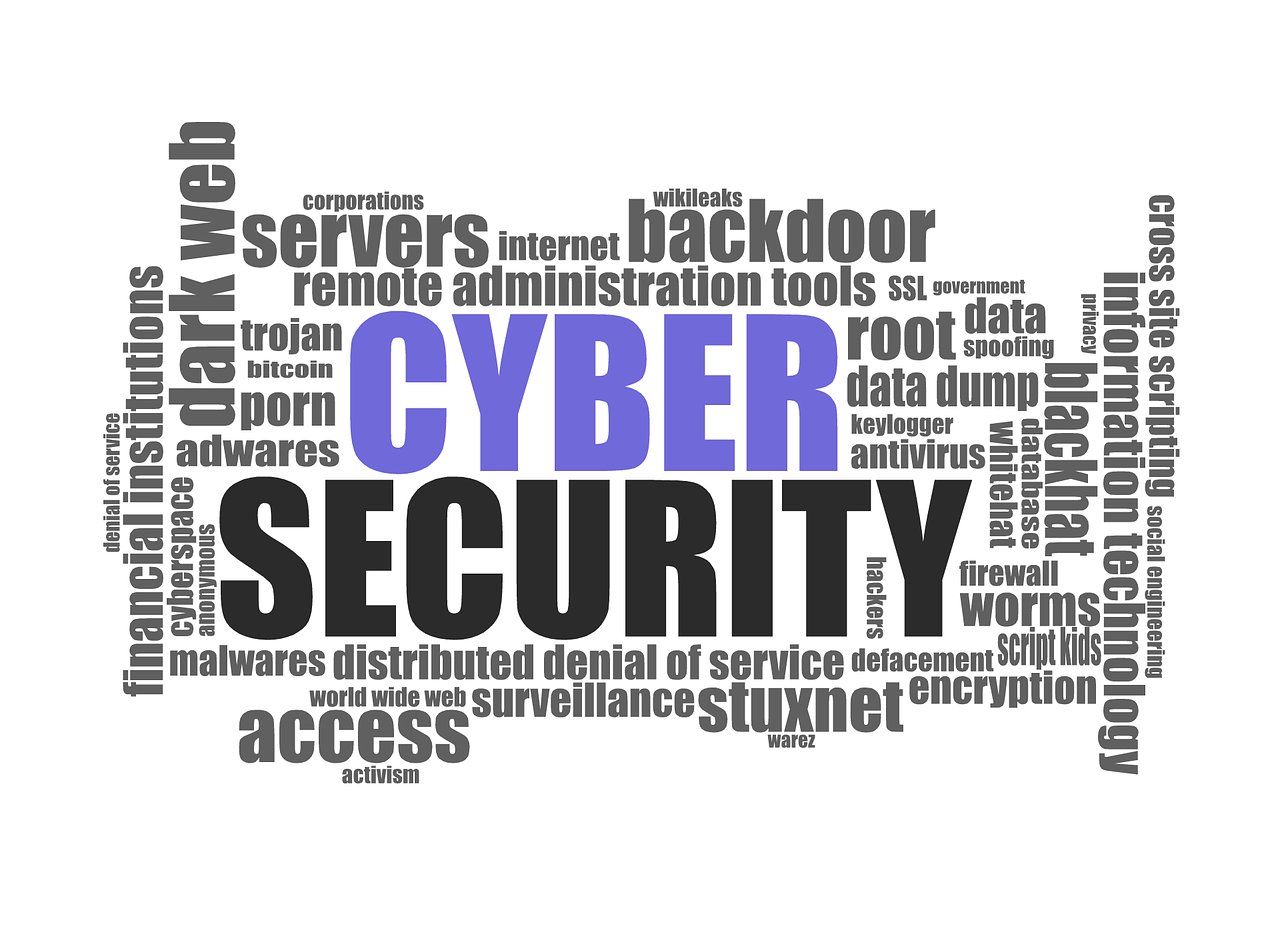By Frank Andorka, Senior Correspondent
Wow….The fight over the Arizona renewable portfolio standard (RPS) just got ugly. Arizonans for Affordable Energy, a political action committee backed by Arizona Public Service (APS) – the state’s largest utility – has alleged in a lawsuit that 75% of the signatures gathered to put a ballot initiative to raise the Arizona RPS are fraudulent.
The action comes as a competing proposal to raise the Arizona RPS, put forth by the Arizona Corporation Commission (ACC) (which oversees APS), moves its way through the process.
To review: The Arizona RPS ballot initiative is backed by progressive billionaire Tom Steyer, who is putting forth this effort in Nevada and was putting it together in Michigan before his group negotiated an agreement with the state’s utilities. It is pushing for a 50% RPS by 2030.
The ACC Arizona RPS proposal, which has the backing of the utility, would make the RPS 80% by 2050. The only difference between the two proposals is that the ACC proposal considers nuclear power as a clean energy source (it’s not), while the Steyer-backed proposal excludes nukes. Guess who owns a pair of nuclear generation facilities (you get three guesses, and the first two don’t count)?
Rachel Leingang of The Arizona Republic and Adrian Marsh at the Phoenix Business Journal both report that the lawsuit, filed last Thursday, alleges widespread fraud in the 480,464, including double-signings, illegal signature gatherers and people who are not registered to vote (being registered to vote is a requirement to sign the petition validly). As Leingang notes, fewer than 106,441 signatures are valid if what the APS-backed group says is true, which would leave them well short of the required number of signatures to get on the ballot.
Matthew Benson, a spokesman for the APS-backed group, offered the totally breathless, over-the-top statement to Marsh:
“Our painstaking review of every petition submitted by the initiative campaign has uncovered widespread forgery and deception and an utter disregard for Arizona law and elections procedures. This is truly fraud on a grand scale.”
I’d urge Benson to perhaps seek treatment for hysterics, because it sure seems like he’s suffering from a severe case. For measures like Steyer’s, it’s not unusual to see challenges made to the amount of signatures collected. What is unusual is that so high a number (75%? Really?) are challenged and for so many different reasons. My guess is the lawsuit is more harassment than anything else, and I’d be shocked if enough signatures are invalidated (some will be – that’s inevitable) to pull the initiative off the ballot in November. Steyer is no amateur.
More:
Arizonans for Affordable Electricity sues to block renewable energy initiative vote
APS-backed group sues over clean energy ballot measure, claims 300K invalid signatures


